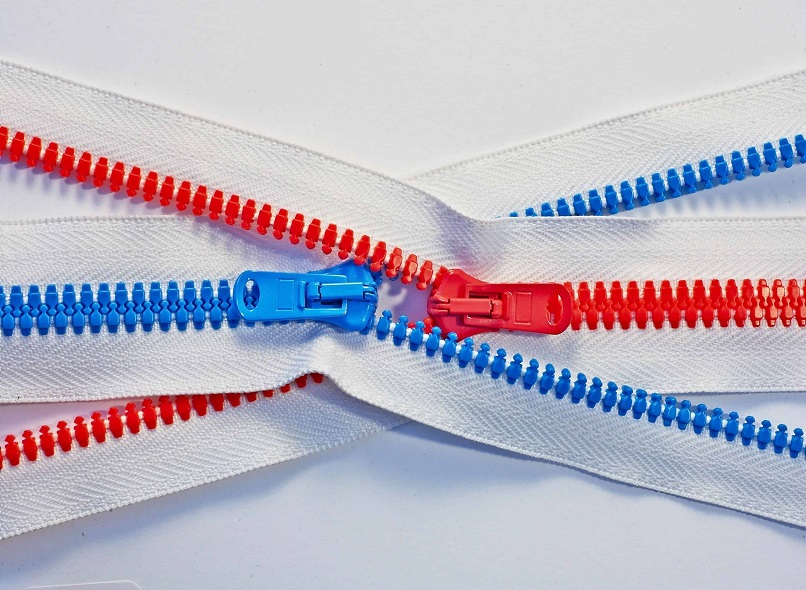Ultrasonic Welding for Knitted Filter Cotton and Polypropylene Plastic Welding

In today's fast-paced manufacturing industry, innovation plays a crucial role in driving efficiency and productivity. One such groundbreaking technique that has revolutionized the process of knitted filter cotton and polypropylene plastic welding is ultrasonic welding. This cutting-edge technology has gained immense popularity due to its ability to create strong and durable bonds between different materials without the need for additional adhesives or heat sources.
Understanding Ultrasonic Welding
Ultrasonic welding is a process that utilizes high-frequency mechanical vibrations to generate heat and create a molecular bond between two materials. The vibrations are produced by an ultrasonic welding machine, which consists of a generator and a transducer. The transducer converts electrical energy into mechanical vibrations, which are then transferred to the materials being joined.
The Principle of Ultrasonic Welding
The principle behind ultrasonic welding lies in the generation of frictional heat between the materials to be welded. When the ultrasonic vibrations are applied to the joint area, the molecules of the materials start to vibrate rapidly. This vibration generates frictional heat, causing the materials to soften and fuse together. As the vibrations continue, the softened materials solidify, creating a strong and seamless bond.
Advantages of Ultrasonic Welding
Ultrasonic welding offers numerous advantages over traditional welding techniques. Let's explore some of the key benefits:
- Speed and Efficiency: Ultrasonic welding is a rapid process that requires minimal setup time. It allows for high production speeds, making it ideal for large-scale manufacturing operations.
- No Additional Materials: Unlike other welding methods that require consumables such as adhesives or soldering materials, ultrasonic welding eliminates the need for additional materials. This not only reduces costs but also simplifies the overall welding process.
- Strong and Durable Bonds: Ultrasonic welding creates strong and durable bonds between materials, ensuring the integrity and longevity of the final product. The molecular-level fusion ensures a seamless connection, enhancing the overall strength of the joint.
- Versatility: Ultrasonic welding can be used to join a wide range of materials, including knitted filter cotton and polypropylene plastics. This versatility makes it a preferred choice in various industries, such as automotive, medical, packaging, and electronics.
- Clean and Environmentally Friendly: Ultrasonic welding produces minimal waste and does not require the use of additional solvents or adhesives. This makes it a clean and environmentally friendly welding method.
Applications of Ultrasonic Welding in Knitted Filter Cotton and Polypropylene Plastic Welding
The application of ultrasonic welding in the welding of knitted filter cotton and polypropylene plastics has been widely recognized for its effectiveness and reliability. Let's delve into some of the prominent applications of this advanced technology:
1. Medical Industry
In the medical industry, the demand for high-quality and reliable medical devices is paramount. Ultrasonic welding plays a crucial role in the production of medical equipment such as face masks, surgical gowns, and sterile packaging. The ability of ultrasonic welding to create leak-proof and airtight seals ensures the safety and efficacy of these critical medical products.
2. Automotive Industry
The automotive industry relies heavily on ultrasonic welding for various applications, including the assembly of air filters, interior trim components, and wiring harnesses. The strong and durable bonds created by ultrasonic welding withstand the harsh conditions encountered in the automotive environment, ensuring the longevity and performance of these components.
3. Packaging Industry
Ultrasonic welding is widely used in the packaging industry to create secure and tamper-proof seals on various packaging materials, including polypropylene plastics. This technology enables manufacturers to produce packaging solutions that are not only visually appealing but also protect the integrity of the packaged products.
4. Electronics Industry
The electronics industry benefits greatly from the precision and reliability of ultrasonic welding. This technology is used in the assembly of electronic components, such as connectors, sensors, and switches. The ability to create hermetically sealed joints ensures the protection of delicate electronic circuits from moisture and other external factors.
Choosing the Right Ultrasonic Welding Machine
When it comes to selecting an ultrasonic welding machine for knitted filter cotton and polypropylene plastic welding, several factors should be considered:
- Frequency: The frequency of the ultrasonic vibrations plays a crucial role in the welding process. Higher frequencies are suitable for smaller and more delicate joints, while lower frequencies are ideal for larger and thicker materials.
- Power Output: The power output of the ultrasonic welding machine determines the strength and speed of the welding process. It is important to choose a machine with sufficient power to meet the specific requirements of the application.
- Tooling Options: The availability of different tooling options allows for versatility in the welding process. Consider machines that offer interchangeable tooling options to accommodate various joint configurations and sizes.
- Control and Monitoring Features: Advanced ultrasonic welding machines come equipped with control and monitoring features that allow for precise control of the welding parameters. Look for machines that offer real-time monitoring and feedback to ensure consistent and reliable weld quality.
Conclusion
Ultrasonic welding has revolutionized the process of knitted filter cotton and polypropylene plastic welding, offering numerous advantages over traditional welding techniques. Its speed, efficiency, versatility, and ability to create strong and durable bonds make it a preferred choice in various industries. By harnessing the power of ultrasonic vibrations, manufacturers can achieve seamless and reliable welds, ensuring the quality and performance of their products.
Investing in a high-quality ultrasonic welding machine tailored to the specific requirements of knitted filter cotton and polypropylene plastic welding is essential for achieving optimal results. With the right equipment and expertise, manufacturers can unlock the full potential of ultrasonic welding and drive innovation in their respective industries.
So, embrace the power of ultrasonic welding and experience the transformative impact it can have on your manufacturing processes. Stay ahead of the competition and deliver high-quality products that meet the demands of today's dynamic market.





